Poor liver health aggravates varicose veins
By naturopath Margaret Jasinska
Many people do not realise there is a link between liver health and varicose veins. Approximately one third of adults will experience varicose veins at some point in their lives. They are much more common in women. Mild varicose veins can be annoying, and can result in aching legs. Severe varicose veins raise the risk of varicose ulcers and deep vein thrombosis. Fortunately there is so much you can do to improve varicose veins, and enhance your overall health as well.
Varicose veins can be aggravated by:
- Being overweight
- Having an unhealthy liver
- Constipation
- Nutrient deficiencies
- High levels of the hormone oestrogen
- Immobility
If your varicose veins are causing you a lot of pain and distress, please seek medical attention. The advice provided below should help improve the condition of your veins, and reduce the risk of new varicose veins forming.
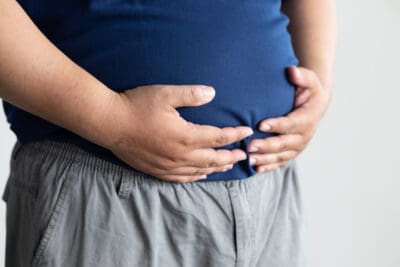

Carrying excess weight
This can significantly increase your chances of developing varicose veins and it can also worsen your existing symptoms. Excess weight places an enormous amount of pressure on your veins, making it harder for blood to flow up towards your heart, and increasing congestion in your veins. Being overweight also raises the risk of high blood pressure. This can damage the lining of the arteries and potentially rupture the blood vessels, increasing the pressure experienced by your veins and worsening your symptoms. If you struggle with your weight, see the book I Can’t Lose Weight and I Don’t Know Why.
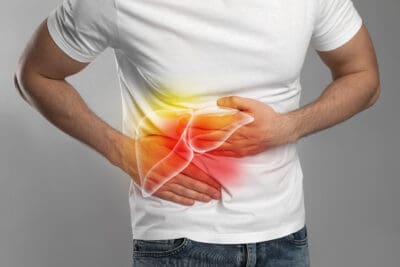

Poor liver health
Your liver does so many jobs in your body, including filtering blood, absorbing nutrients and detoxifying your body. When the portal vein (used to transport blood and nutrients from the gut to the liver) is congested, it can result in a back flow of blood, eventually enlarging the blood vessels in the stomach. This puts pressure on the lower half of the body, including the legs. This same problem can also lead to haemorrhoids, which are really just another form of varicose veins. Most people know that haemorrhoids can be very painful, uncomfortable and itchy. Having a fatty liver, sluggish liver, or hepatitis all raise the risk of varicose veins. So does having gallstones or biliary sludge in the gallbladder or liver. See the books Fatty Liver: You Can Reverse It and Save your Gallbladder, and What to Do if you’ve already Lost It.
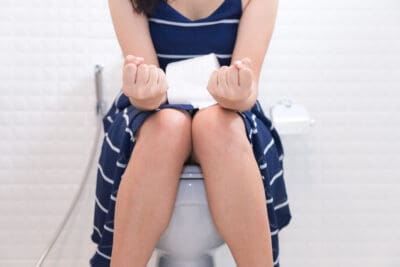

Sluggish intestines
When the liver is overwhelmed, this can cause constipation. A sluggish or fatty liver typically does not produce enough bile. Bile is your body’s own laxative. Straining too much on the toilet can cause or worsen varicose veins in the rectum and anus, and can even make them bleed. Water, fibre, fat and salt all have laxative properties. Fibretone is a natural, safe and effective laxative that softens the stool, making it easier to pass.
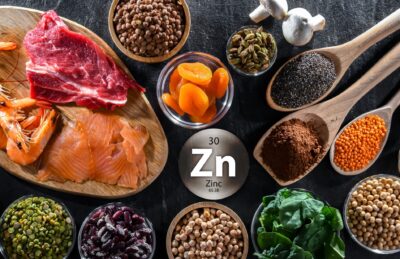

Nutrient deficiencies
If your body is lacking in zinc or vitamin C, it will hinder your ability to repair weak blood vessels and produce collagen. If you don’t eat sufficient salads and vegetables, you may be lacking the antioxidants and phyto nutrients that strengthen blood vessel walls. Raw vegetable juices are an extremely effective and tasty way of upping your antioxidant intake.
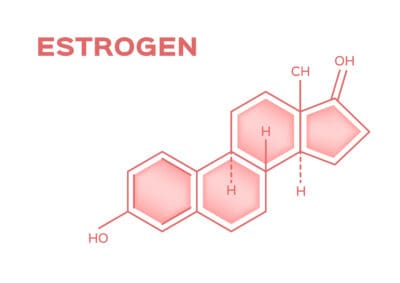

High oestrogen levels
Some women with varicose veins notice that their symptoms tend to become more intense around the time of their period, or during pregnancy. The contraceptive pill can aggravate varicose veins too; as can some types of hormone replacement therapy. The liver is responsible for breaking down hormones like oestrogen, so when liver function is impaired, or you are constipated, you might find that there is too much oestrogen in your system, unable to be detoxified by the liver. Oestrogen can also raise the risk of blood clotting and fluid retention, further complicating varicose veins.
The awful symptoms of varicose veins can sometimes limit your mobility. If your legs are throbbing and aching, it’s natural to not want to be active. However, sitting all day or standing in one spot for too long encourage poor circulation, fluid retention, and the worsening of varicose veins. Any kind of movement is better than none at all, so please find an activity that is appropriate for your state of health.


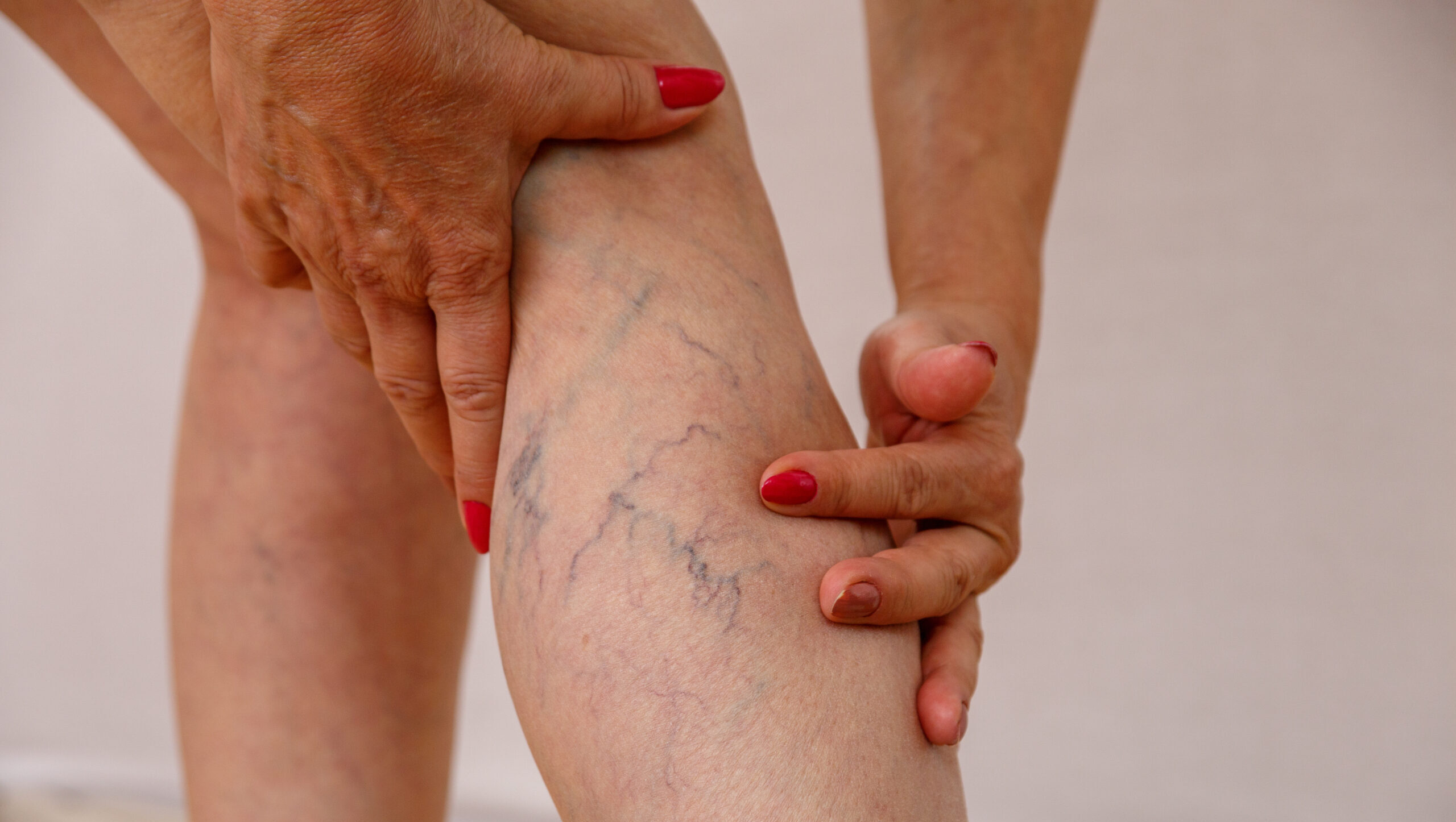






Leave A Comment